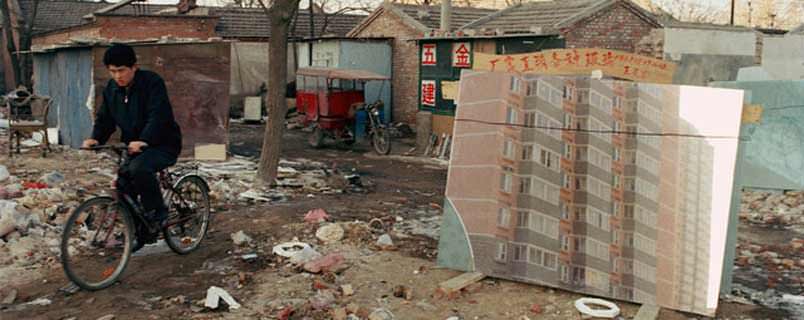 TD Original
TD Original
China: Boom or Boomerang
Dec 3, 2005 At the same time that China is recording huge increases in trade surpluses and currency reserves, deadly riots are breaking out on the outskirts of some of the country's largest cities. In this Dig, scholar Orville Schell challenges the current wisdom about China being an inevitable superpower and unstoppable economic force.Schell challenges the current wisdom that China is an inevitable superpower and unstoppable economic force. 1 2 3 4Conclusion
What is confusing about this contradictory state of affairs--even to specialists with many years in the trade--is that contemporary China currently embraces within it conditions that can lead even an astute observer to equal and quite opposite analyses of its health and its future. China is still a nation in a very high-stakes process of transition in which its revolutionary past and its still uncertain modern future are struggling to find a greater state of equipoise. Both government and society are molting from the old revolutionary and Marxist-Leninist principles and institutions established under the tutelage of "Big Leader" Mao Zedong to a modern nation that aspires to become . . . aspires to become what?
This is the question of questions. Toward what is China aiming? What is the model it now aspires to emulate? Figuratively speaking, what is the new true north on the compass guiding China's future reforms?
For example, what will be the ultimate fate of the Chinese Communist Party, which now rules unilaterally? How do leaders intend to detach China from its revolutionary past, still symbolically represented by Mao's portrait on the Gate of Heavenly Peace? Does China wish to become a true democracy, or is it in the process of road-testing some form of hybrid "new authoritarianism," what the party is fond of calling "socialism with Chinese characteristics."
These are only a few of the unanswerable questions that lurk behind the facade of China's extraordinary dynamism and growth, just as toxic spills result from the too hasty siting of a petrochemical plant along a vital river. All of China's recent very stunning development, its impressive statistics and its bounty of new goods that have helped elevated millions of its people's standard of living have come with a hidden price which will only slowly come due. The next decade of China's progress will, in a sense, witness the important process of overall accounting.
One aspect of Mao's political philosophy that still has relevance for understanding the present is his idea that the best way to understand a situation or a problem is to examine it through the lens of contradiction. "The law of contradiction in things, that is, the law of the unity of opposites, is the basic law of materialist dialectics," he wrote in 1937 in his essay "On Contradiction."
If most of his ideas have proven irrelevant, if not downright destructive, to China's development, his notion that contradiction exists in the process of development of all things--is still an excellent way to understand what is going on in China today. Indeed, it is perhaps the only way to make sense of it.

You need to be a supporter to comment.
There are currently no responses to this article.
Be the first to respond.